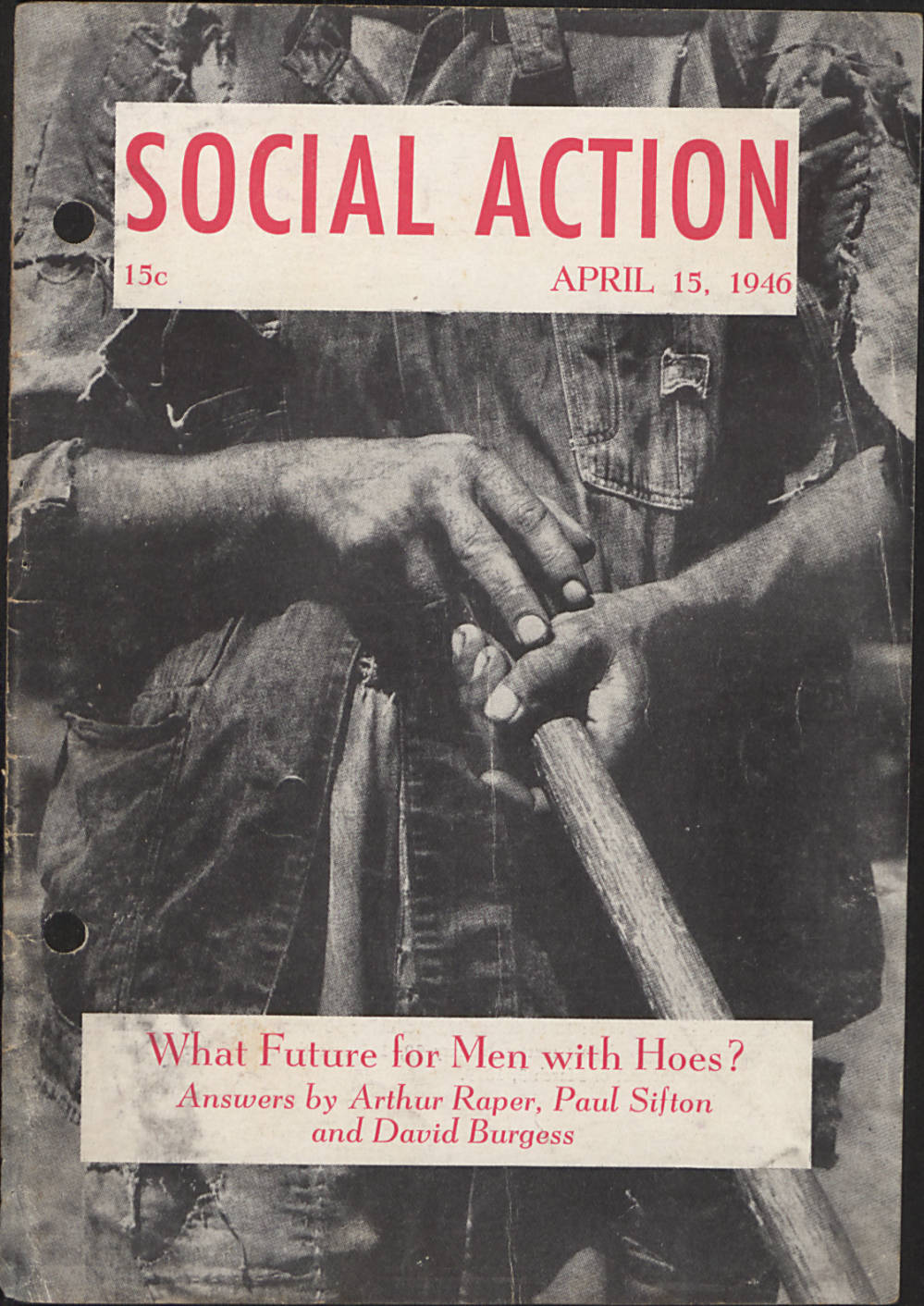We have a number of new collections that are preserved, processed, and now available for research. Love and war were in the air, as the bulk of the materials include courtship correspondence and letters written by people while they were serving in the Armed Forces. Some highlights:
- New materials span from the 1830s-2007
- Subjects geographically range from the Kwajalein Atoll to Martha Washington College to the New Orleans levees.
- Lots of love! Many of these collections feature letters between loved ones.
- Some interesting mentions include a pair of waraji rice straw sandals, some 375 reported yellow fever deaths, and former UNC System President Frank Porter Graham participating in anti-war efforts of the 1930s.
Click on any of the collection titles to learn more about the materials, view any digital items, and request them for use in our reading room.

